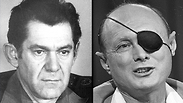
'We don’t have enough people to defend the state' – Israel's military leaders feared the worse in 1973
The day after the Yom Kippur War began with a surprise Arab attack on the holiest day of the Jewish calendar, both IDF Chief of Staff David Elazar and Defense Minister Moshe Dayan warned that the conflict could lead to the destruction of the 25-year-old country
Israel's military leaders during the 1973 Yom Kippur War feared that the conflict could lead to the destruction of the state, according to protocols released Monday by the IDF Archive at the Defense Ministry.
The war began on October 6, 1973, when a coalition of Arab forces launched a surprise strike on Israel on Yom Kippur – the holiest day of the Jewish year. Both Egyptian President Anwar Sadat and Syrian President Hafez Assad believed that striking the Jewish state on its most sacred day would be detrimental to IDF morale.
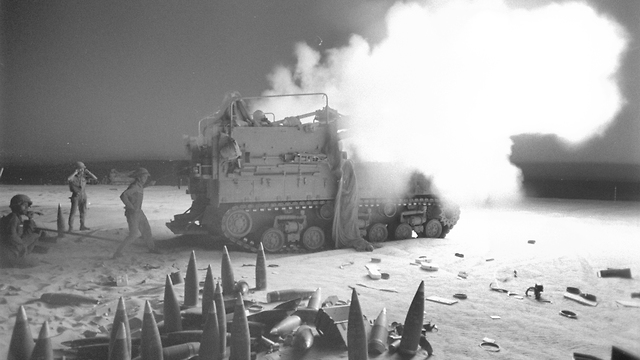
The strike caught Israel by complete surprise. The military strongholds in the Suez Canal (Egyptian front) and the Golan Heights (Syrian front) were sparsely manned, as were the rear posts.
Then-IDF Chief of Staff David Elazar ordered a mobilization of the entire reserve force, but the emergency warehouses, meant among other things to supply reserve forces, were nearly empty; and the regular forces were in near disarray.
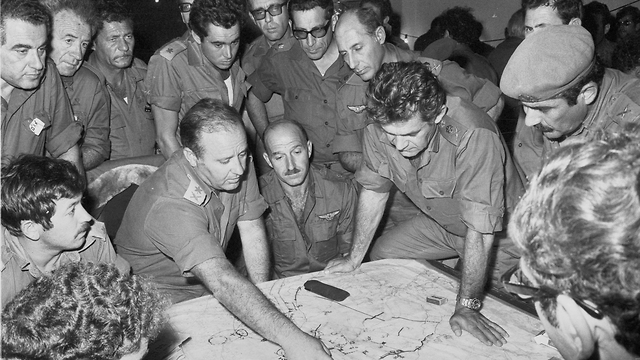
In one discussion by the IDF General Staff on the day after war broke out, Elazar announced: "Friends, this is really a battle for Israel, it's right up to the (Mediterranean) sea."
In the same discussion, then-Defense Minister Moshe Dayan also expressed fear for the fate of the State of Israel.
"What am I most afraid of in my heart? That the State of Israel will eventually be left with insufficient weapons to defend itself," he said. "It doesn't matter where the line is."
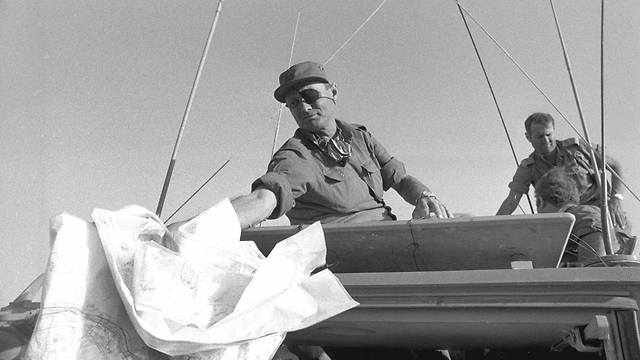
Israel "will not have enough tanks and no planes and no people and no trained people to simply defend the Land of Israel .... And in the end no one will wage this war for us ... and the Arabs will pounce on us from all sides ... so I want to say that to Golda," Dayn said, referring to then-Prime Minister Golda Meir.
Dayan also considered calling up males who either too young or too old to have been enlisted to help defend the country.
The war took the world powers by surprise as well. The Soviet Union aligned itself with the Arab forces, preventing the UN Security Council from intervening in the fighting and sending weapons to Egypt and Syria.
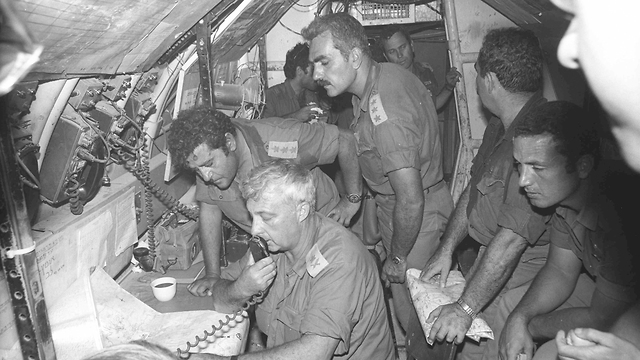
The U.S. eventually sided with Israel and began sending the IDF massive quantities of weapons and ammunition.
On October 22, the UN Security Council passed Resolution 338 calling for a ceasefire and urging "all parties to the present fighting to terminate all military activity immediately."
The armistice came into effect 12 hours later, but tensions remained high and sporadic fighting still erupted. Fighting on all fronts eventually came to an end on October 26.
The war claimed the lives of 2,569 IDF soldiers and left some 7,500 others wounded. Another 301 soldiers were taken captive and later returned to Israel.










